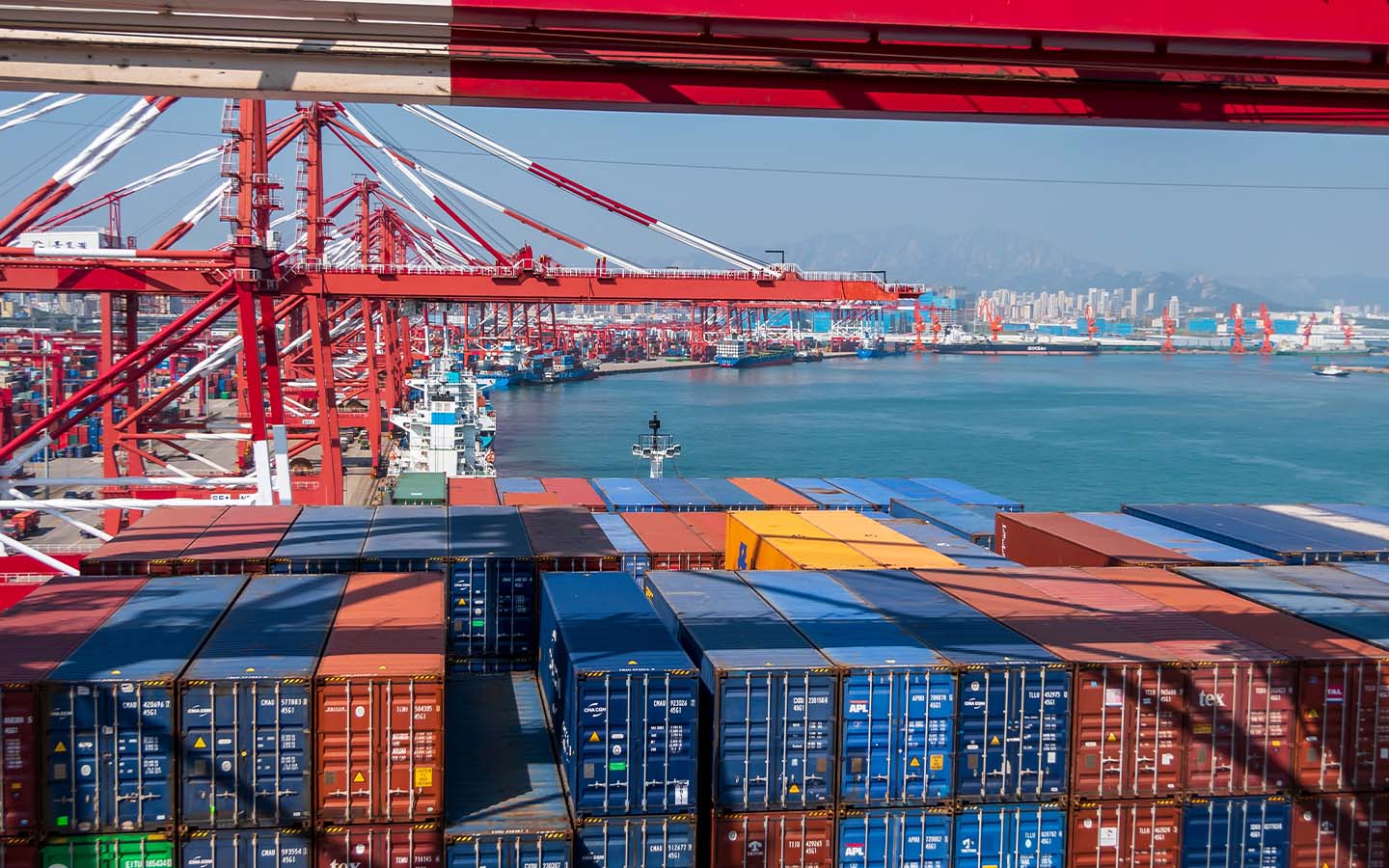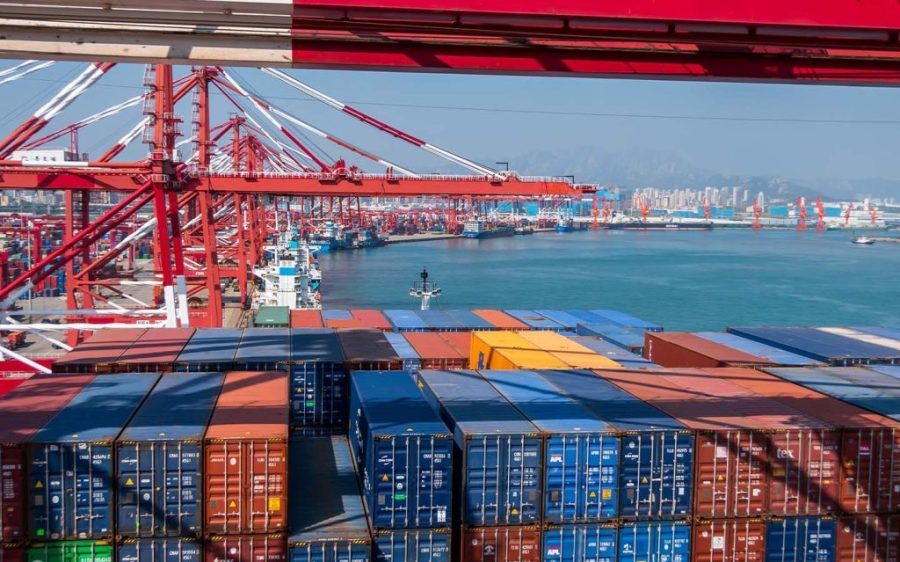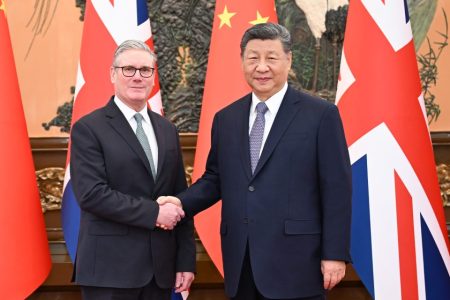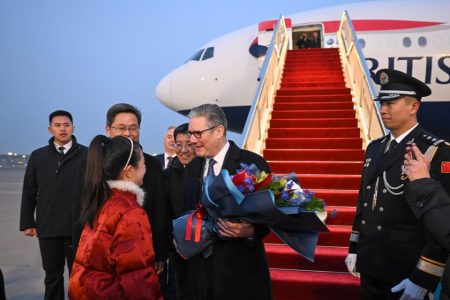China began imposing new port fees on US vessels on Tuesday, marking the country’s latest response to aggressive containment measures from the world’s largest economy, according to multiple media outlets.
The move follows Washington’s rollout Tuesday of its plan, drawn up last year, to impose fees on Chinese shipping.
According to state broadcaster CCTV, the Chinese fees start at 400 yuan (US$56) per net tonne and will rise annually to 1,120 yuan per tonne by 2028. Industry analysts estimate that large dry bulk carriers could face port charges of several million dollars per voyage.
The new levies apply to US-owned, operated, built or flagged vessels, along with vessels belonging to five US-linked subsidiaries of Hanwha Ocean – a South Korean shipbuilding enterprise. Ships built in China are exempt.
Beijing said its measures targeted “discriminatory” US actions following former US President Joe Biden’s administration’s investigation into China’s maritime, logistics and shipbuilding industries.
[See more: Tensions flare with Trump’s latest ‘100 percent’ tariff threat on China]
The investigation led to the imposition of charges on Chinese shipping starting at US$50 per net tonne on Chinese owned or operated vessels, and US$18 per net tonne for Chinese-built but foreign-operated vessels.
Beijing said its countermeasures aimed to safeguard China’s “sovereignty, security and development interests” while the Ministry of Transport has launched a probe into how the US restrictions affect China’s shipping and supply chains.
A spokesperson for the commerce ministry said in a statement that “The US cannot demand talks while simultaneously imposing new restrictive measures with threats and intimidation. This is not the right way to engage with China.”
The renewed friction comes as US Treasury Secretary Scott Bessent attempts to smooth perceptions of the countries’ relationship – which looked set to implode last week, when China announced protective curbs on rare earth exports and US President Trump threatened to hike tariffs on Chinese imports by 100 percent.
“The 100 percent tariff does not have to happen,” Bessent said earlier this week. “The relationship, despite this announcement last week, is good. Lines of communication have reopened, so we’ll see where it goes.”






